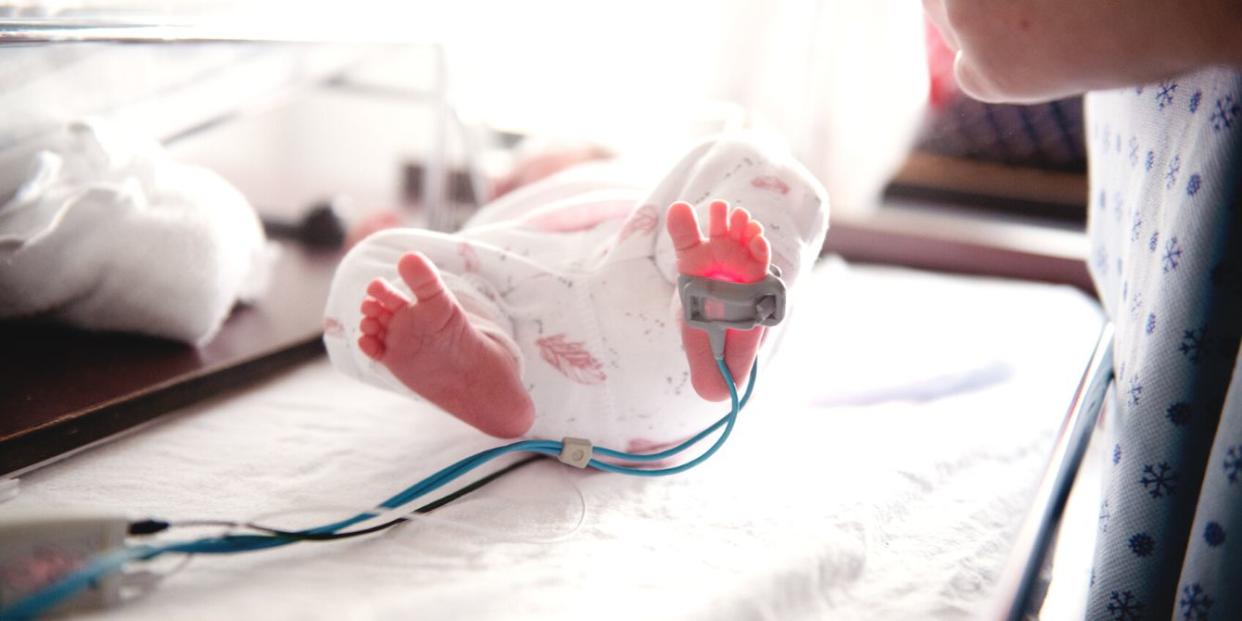Plastics found in everyday products could be causing a rise in premature births, study says

A recent study published in The Lancet and funded by the National Institutes of Health shared that synthetic chemical exposure has been identified to contribute to preterm birth and other issues for moms and babies. The chemicals, also known as phthalates, can impact the placenta amid pregnancy, according to the study.
Synthetic chemicals are in basically everything to make plastic last longer and make it more durable, and it’s also in other products you may not have realized, such as vinyl flooring, lubricating oils, soap, shampoos, hairspray, plastic packaging, garden hoses, medical tubing, nail polish, clothing, shoes, furniture, and more, per the Centers for Disease Control and Prevention. CNN also reports that they’re used to make fragrances last longer.
Using data from the U.S. National Institutes of Health Environmental Influences of Child Health Outcomes program from 1998 to 2022, they studied associations of “20 phthalate metabolites” (synthetic chemicals) with gestational age at birth, birth length, and birthweight by taking urine samples, and at least 1000 of the participants had detectable phthalates in their urine samples.
According to the study, “In a large, diverse sample of U.S. births, exposure to [phthalates] were associated with decreased gestational age and increased risk of preterm birth, suggesting substantial opportunities for prevention.
And preterm birth wasn’t all the problems these synthetic chemicals caused. “The consequences of shortened gestation and intrauterine growth restriction are profound,” the study noted. It also was found to contribute to infant and childhood mortality; adverse psychological, behavioral, and “educational outcomes” in young adulthood; and cardiovascular disease and diabetes in later life.
Phthalates are considered endocrine destructors, i.e., it messes up reproductive and other biological processes of the body, according to the study, causing inflammation that’s common in preeclampsia, and “placental insufficiency” as well as premature rupturing of membranes in pregnancy.
Most mothers in the study were aged 25 to 34 years old at delivery and were non-Hispanic White. However, there were similar percentages of non-Hispanic Black women and Hispanic or Latino participants, and most participants were generally well-educated, the study noted.
USA Today reported that The American Chemistry Council, which represents the plastics industry, claimed about the study, “This study does not show adverse consequences. Establishing association does not equal establishing a causal relationship. Studies such as these have been criticized for lack of scientific quality, credibility, and reliability.”

